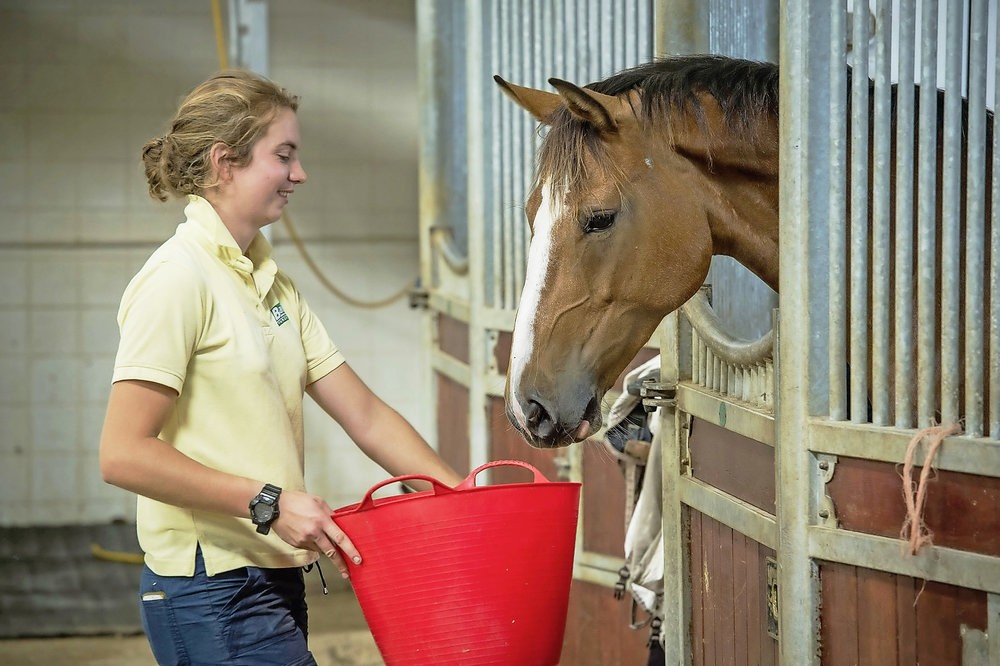When it comes to feeding ponies, understanding their specific dietary requirements is crucial for their health and well-being. Ponies, like their larger equine counterparts, need a balanced diet that includes the right amounts of forage, grains, vitamins, and minerals. However, their nutritional needs can differ significantly, making it essential to tailor their diet accordingly.

Understanding Pony Nutrition
Ponies are small but mighty, requiring a diet that supports their energy levels without leading to weight gain. Unlike horses, ponies tend to be more efficient at converting feed into energy, which can sometimes lead to equine obesity if not managed properly.
The Importance of Forage
Forage, such as hay or grass, should be the foundation of a pony’s diet. It provides essential fiber that aids in digestion and helps maintain a healthy gut. Ponies should have access to high-quality hay or pasture, which can meet most of their nutritional needs.
Grains and Concentrates
While forage is vital, some ponies may require additional grains or concentrates to meet their energy demands, especially if they are in heavy work or breeding. However, it’s important to measure these carefully to prevent overfeeding.
Vitamins and Minerals
Ponies require a range of vitamins and minerals to thrive. A complete mineral supplement can fill any gaps in their diet. It’s advisable to consult with a vet to determine if your pony needs additional supplements, such as biotin supplements for hoof health.
Water Intake
Always ensure that your pony has access to clean and fresh water. Hydration is critical, and inadequate water intake can lead to serious health issues.
Common Feeding Mistakes
One common mistake is overfeeding. Due to their efficient metabolism, ponies can easily gain weight if fed too much. Portion control is key. Additionally, feeding too many treats can disrupt their balanced diet.
Understanding Special Needs
Some ponies may have specific dietary needs, such as those with metabolic issues. It’s important to tailor their diet to prevent complications. For more information, you can read about feeding horses with metabolic issues.
Adjusting Diet Based on Activity Level
A pony’s diet should align with their activity level. Ponies that are more active will require more energy, while those that are less active need fewer calories to maintain a healthy weight.
Seasonal Changes
Feeding requirements can change with the seasons. During winter, ponies may need more forage to generate body heat, while in summer, their pasture intake might naturally increase.
Monitoring Health and Nutrition
Regular health checks and dietary assessments can help ensure your pony remains healthy. Observing your pony’s weight, coat condition, and energy levels can offer insights into their dietary health.
Consulting with Experts
It’s always a good idea to consult with a vet or equine nutritionist to tailor a feeding plan that suits your pony’s specific needs. They can provide insights into any dietary adjustments needed.

Preventing Nutrient Deficiencies
Nutrient deficiencies can pose serious health risks. To learn more about how to avoid these, consider reading articles like micronutrient deficiencies in horses.
FAQs
Q: How often should I feed my pony?
A: Ponies should have access to forage throughout the day. Grain or concentrates can be fed in small, measured amounts, typically twice a day.
Q: Can ponies eat the same feed as horses?
A: While they can eat similar types of feed, ponies require smaller portions due to their size and metabolism.
Q: What is the best way to prevent obesity in ponies?
A: Regular exercise and carefully portioned meals are vital to preventing obesity in ponies.
This article contains affiliate links. We may earn a commission at no extra cost to you.








